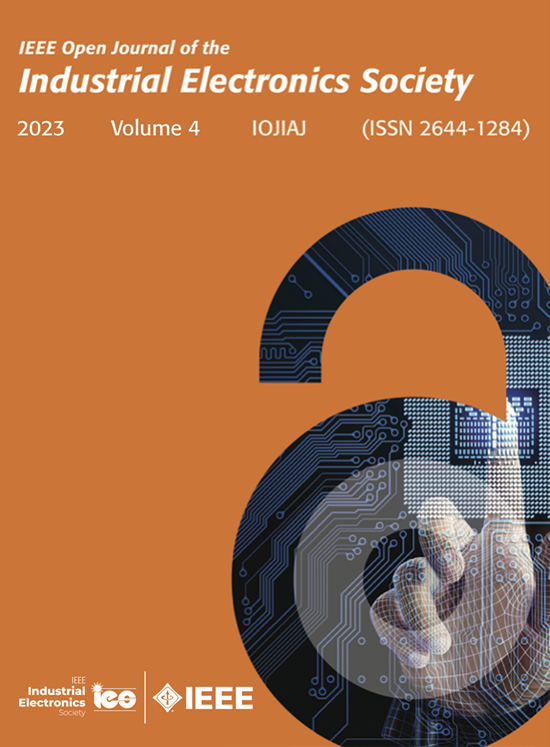模块化多电平变换器的集群故障控制策略
IF 4.3
Q1 ENGINEERING, ELECTRICAL & ELECTRONIC
IEEE Open Journal of the Industrial Electronics Society
Pub Date : 2025-04-14
DOI:10.1109/OJIES.2025.3560741
引用次数: 0
摘要
模块化多电平变换器(MMCs)广泛用于高压和大功率应用。它们在操作上具有高度可扩展性、模块化和灵活性。然而,这伴随着大量元件的价格,如半导体和电容器。这些组件中的每一个都容易出现故障。本文提出了mmc在严重故障下的四种容错控制策略:文献中很少讨论的mmc集群故障。讨论了三种故障模式,提出了四种集群故障控制策略。所有的方法都得到了详细的推导,并通过仿真和测量结果进行了验证,包括不同功率因数和功率步骤从健康运行到故障运行的转换。结果表明,在给定电压约束条件下,所提出的聚类故障控制策略仍然可以实现MMC的正常功能。所提出的集群故障控制策略易于实现,并且允许1)易于集成到(现有)系统中,2)改进mmc的容错能力。本文章由计算机程序翻译,如有差异,请以英文原文为准。
Cluster-Fault Control Strategies for Modular Multilevel Converters
Modular multilevel converters (MMCs) are widely used for high-voltage and high-power applications. They are highly scalable, modular, and flexible in operation. However, this comes with the price of a large number of components, such as semiconductors and capacitors. Each of those components is prone to failure. This article presents four fault-tolerant control strategies for MMCs under severe failures: cluster faults that have been rarely discussed in literature for MMCs. Three fault modes are discussed and four cluster-fault control strategies are proposed. All approaches are derived in detail and validated by simulation and measurement results, including transitions from healthy to faulty operation for different power factors and power steps. The results show that proper functionality of the MMC by the proposed cluster-fault control strategies is still achievable even under the resulting voltage constraints. The proposed cluster-fault control strategies are simple to implement and allow for 1) an easy integration into (existing) systems and 2) an improved fault tolerance of MMCs.
求助全文
通过发布文献求助,成功后即可免费获取论文全文。
去求助
来源期刊

IEEE Open Journal of the Industrial Electronics Society
ENGINEERING, ELECTRICAL & ELECTRONIC-
CiteScore
10.80
自引率
2.40%
发文量
33
审稿时长
12 weeks
期刊介绍:
The IEEE Open Journal of the Industrial Electronics Society is dedicated to advancing information-intensive, knowledge-based automation, and digitalization, aiming to enhance various industrial and infrastructural ecosystems including energy, mobility, health, and home/building infrastructure. Encompassing a range of techniques leveraging data and information acquisition, analysis, manipulation, and distribution, the journal strives to achieve greater flexibility, efficiency, effectiveness, reliability, and security within digitalized and networked environments.
Our scope provides a platform for discourse and dissemination of the latest developments in numerous research and innovation areas. These include electrical components and systems, smart grids, industrial cyber-physical systems, motion control, robotics and mechatronics, sensors and actuators, factory and building communication and automation, industrial digitalization, flexible and reconfigurable manufacturing, assistant systems, industrial applications of artificial intelligence and data science, as well as the implementation of machine learning, artificial neural networks, and fuzzy logic. Additionally, we explore human factors in digitalized and networked ecosystems. Join us in exploring and shaping the future of industrial electronics and digitalization.
 求助内容:
求助内容: 应助结果提醒方式:
应助结果提醒方式:


